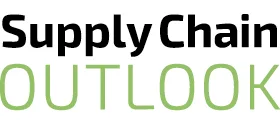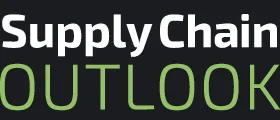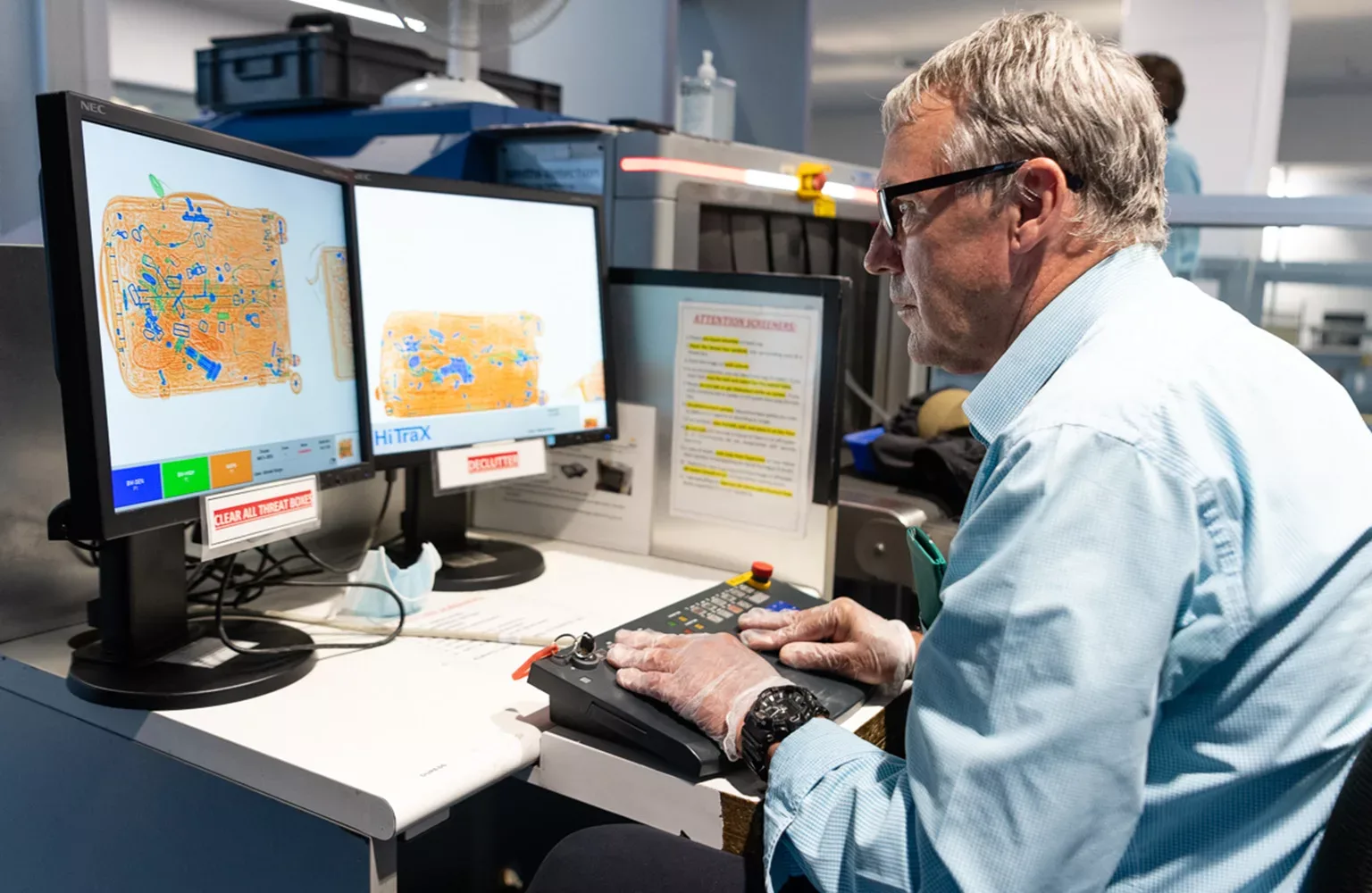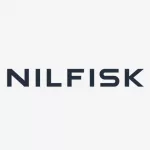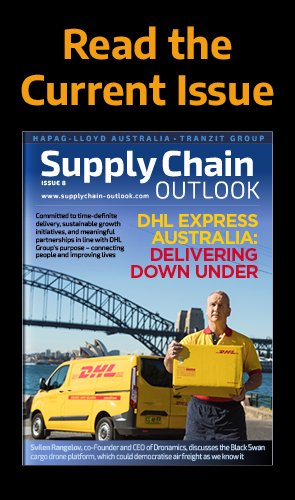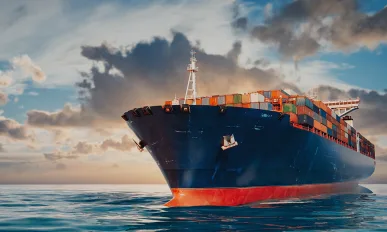Trident Services Australia specialises in tailored service solutions for a diverse range of sectors, including aviation and maritime. We learn how the company partners with airports, airlines, and maritime ports to enhance transport security and protect people, essential services, and critical infrastructure with David Wilkinson, Executive General Manager – Aviation and Maritime Services.
KEEPING PEOPLE AND PROPERTY SAFE
Australia’s facilities service sector is currently undergoing a phase of expansion and evolution.
Indeed, projections indicate substantial growth of around six percent over the next few years, driven by factors such as the integration of technology, adoption of sustainable practices, and the ever-present pressure of controlling costs as well as managing public liability claims.
The latter is leading to a discernible shift in the public sector towards outsourcing companies that have the experience, staff, and technology to mitigate associated risks.
“During and after the COVID-19 pandemic, the Australian facilities service industry demonstrated strong resilience, and with the promise of continual growth, it is definitely an exciting time for us at Trident Services Australia (Trident),” opens David Wilkinson, Executive General Manager – Aviation and Maritime Services.
The story of Trident began in 1996 when Director, Perry Dollar, travelled from his home in Zimbabwe to Queensland, Australia to complete his studies.
To support this educational pathway, Dollar began working as a security guard at a shopping centre in Brisbane. Unfortunately, the security firm ran into some difficulties, and at this point, Trident was born.
Although much has changed since then, the company remains privately owned and Australian-operated, and still clings to the honest sense of humble identity drawn from its modest beginnings.
“I believe that this ethos has served the company very well over the years, and we strongly emphasise this with any new management team members,” Wilkinson states.
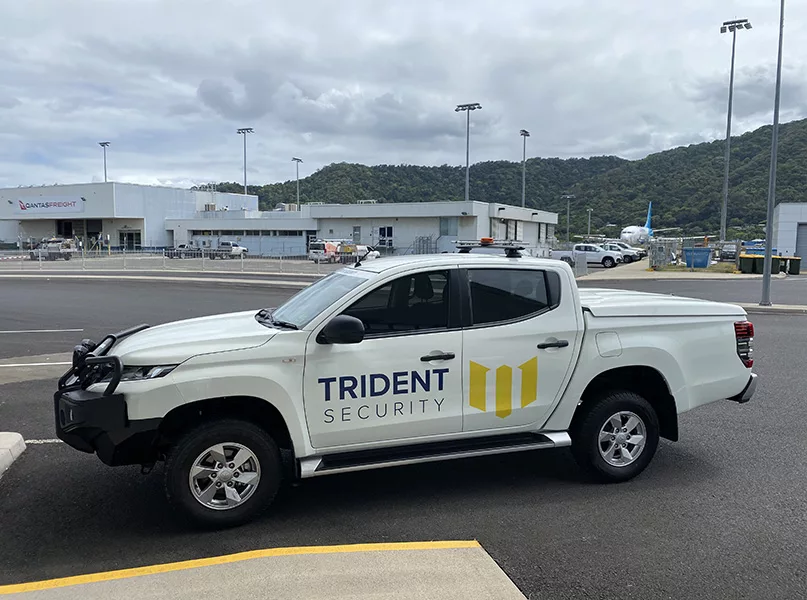
TAILORED SOLUTIONS
Trident provides tailored service solutions for a variety of sectors, including aviation and maritime, overseen by Wilkinson, as well as government, commercial, retail, events, and more.
With a workforce exceeding 2,500 inspiring employees spread across close to 50 sites throughout Australia, the company delivers top-tier security, comprehensive cleaning services, and integrated management solutions.
Backed by an advanced technology platform, it provides robust data analytics for real-time decision-making, reporting, and risk management.
Ensuring the safety of both people and property is Trident’s primary focus, which it achieves by tailoring its services to clients to enhance the customer experience, championing a culture of safety and security, and actively supporting regulatory compliance and best practices.
“Taking a ‘One Team’ approach, we make sure that we’re not just another contractor, but a true and invested partner in a client’s business,” enthuses Wilkinson.
“We value teamwork that drives outstanding customer results, ethically growing sustainable partnerships and being authentic by acting with integrity and building trust.”
The organisation likewise trains for excellence and works hard to support personal growth, develop skills, and offer guidance to help individuals reach their goals.
“Our people are integral to everything we do. By choosing Trident, you are partnering with a company dedicated to excellence in every aspect of service delivery,” he adds.
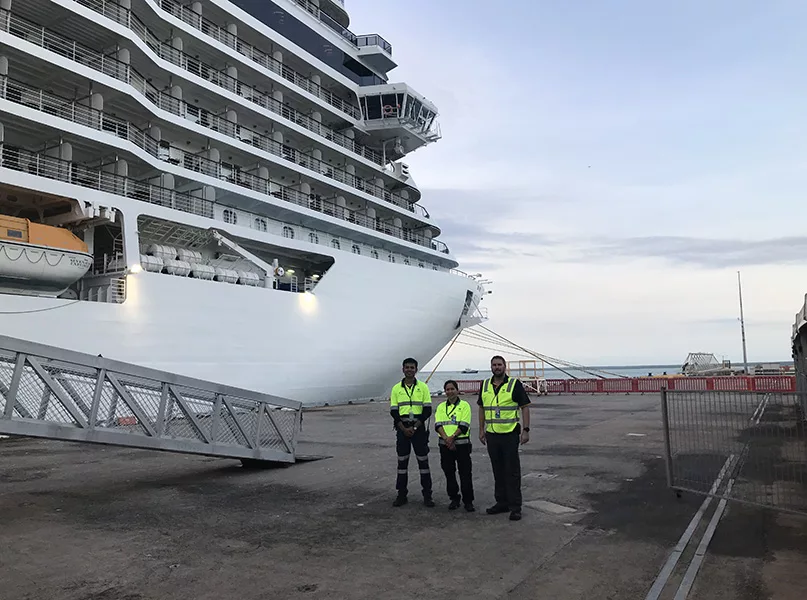
AVIATION AND MARITIME EXPANSION
Trident entered the aviation security sector in 2018, premiering operations along Queensland’s north-east coast at Proserpine, closely followed by Cairns and Mackay airports. The following year saw the footprint extend to central Australia with Darwin International Airport and Alice Springs Airport in the Northern Territory, which has recently expanded to include cleaning services.
Since that time, Trident has refined its aviation security service offerings. Plus, a proven ability to consistently deliver industry-leading compliance and performance outcomes at site level has positioned it as one of the market frontrunners in the country.
As a result, over the past 18 months, the company has expanded its aviation operations from five airports to 14, equating to a 180 percent increase.
January 2023 also saw Trident enter the maritime sector for the first time, partnering with Darwin Port to provide screening and general maritime security services at the Fort Hill and East Arm wharfs in the Northern Territory.
A few months later, in May 2023, the company was then contracted by Queensland Airports Limited (QAL) to provide aviation security services at the airports of the Gold Coast, Townsville, and Mount Isa.
Not only was this the biggest tender won in Trident’s esteemed 26-year history, but more importantly, it also gained the company another sophisticated client and partner that champions similar values.
Wilkinson asserts the latter can also be said for Brisbane Airport Corporation (BAC), after Trident secured the largest cleaning contract in BAC’s history, covering Brisbane’s domestic, international, and general aviation terminals, as well as its general and direct factory outlet (DFO) carparks, alongside service, airport operations, and air freight centres, Sir Charles Kingsford Smith Memorial, Skygate shopping centre, and BAC administration offices.
“Collaborating with Tier 1 and industry-leading companies ensures Trident continues to mature and improve its own systems and processes. These efforts were recently recognised at the Skytrax 2024 Word Airport Awards, with Brisbane Airport winning the Cleanest Airport in the Australia and Pacific Region category.”
Trident is now looking forward to its latest aviation and maritime collaboration with Newcastle Airport Pty Ltd, which commences in July 2024 for the provision of security services.
The facility operates Australia’s sixth-largest regional airport, providing air travel to the people of the Hunter Valley, Central Coast, and northern New South Wales regions.
“For anyone who has not visited the area, do yourself a favour and plan a trip. It’s well worth it, particularly if you enjoy the combination of picturesque countryside and world-class wines,” Wilkinson recommends.
Like every special dish that requires its secret herbs and spices, the same can be said for setting up new contracts to ensure consistent delivery and optimised service standards.
“Ultimately, the proof of the Trident pudding is in the eating, and as such, our successes in the aviation and maritime sectors have been driven through industry recognition, our strong site-based security outcomes, and our focus on training and regulatory compliance,” he notes.
“However, whilst growth is essential for any successful business, we understand the criticality of client retention and therefore continue to focus on existing client needs and emerging requirements. The company’s brand, and that of our clients, means absolutely everything to us, so we work hard to develop authentic partnerships that drive mutual advocacy.”
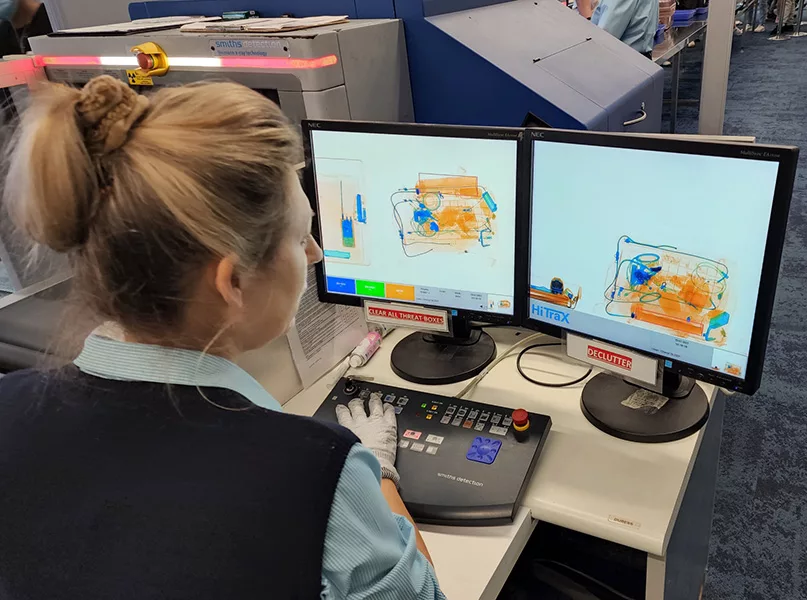
SUITE OF PROGRAMMES
From an aviation and maritime services perspective, the project that Wilkinson is most excited by is the upcoming launch of Trident’s Screener Development Programme (SDP), which will provide end-to-end visibility, structure, and tools for employees contemplating a long-term screening career with the company.
The programme comes as aviation, freight, and maritime screening has undergone a huge transformation in Australia, particularly over the last five years, including the introduction of a new National Screener Accreditation Scheme and mandatory screener qualifications.
“We operate in a highly regulated environment. For this reason, we developed our SDP, supported by a structured Rewards and Recognition Programme, enabled through industry-leading training, enhanced by technology and innovation, and driven by emotionally intelligent leadership,” Wilkinson tells us.
As such, Trident is committed to providing the highest levels of training for its staff.
Specifically, the aviation and maritime services division has a comprehensive suite of programmes covering areas such as threat detection, passenger screening procedures, baggage screening techniques, and emergency response protocols.
“We work with our clients to deliver site-specific training and partner with RTOs to deliver tailored, fit-for-purpose education in real airport environments,” shares Wilkinson.
“Our contextualised training programmes support all the various roles and functions within our aviation and maritime portfolio, from leadership and culture to customer experience and screener development.”
The company provides its customers with detailed insights into screening technology capabilities, limitations, and their effectiveness in detecting various threats.
It also offers recommendations and solutions for optimising the use of these technologies to enhance aviation security.
Trident’s industry-leading Systems Validation Activity (SVA) programme, meanwhile, focuses on penetration testing in all areas of the aviation ecosystem, from perimeter security and access control points to security screening.
“These activities are not only crucial to maintain compliance with evolving security threats and regulatory changes in the aviation industry, but also to ensure our team is well equipped to respond to security threats effectively, thereby enhancing our overall contribution to the aviation and maritime industry,” Wilkinson enlightens.
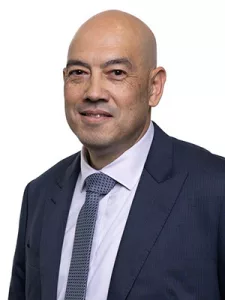
“We work with our clients to deliver site-specific training and partner with Registered Training Organisations (RTOS) to deliver tailored, fit-for-purpose education in real airport environments”
David Wilkinson, Executive General Manager – Aviation and Maritime SERVICES, Trident Services Australia
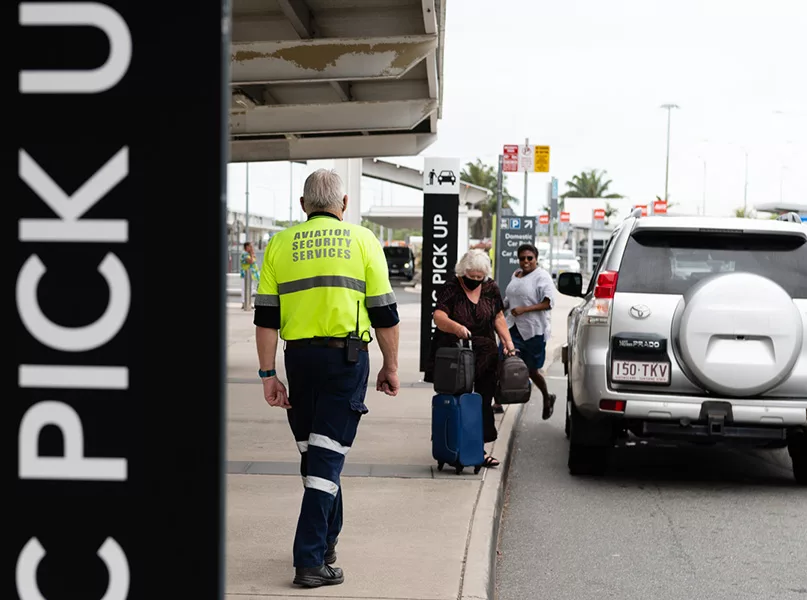
INNOVATIVE IMPROVEMENTS
Technology adds value to Trident’s service offerings to enable people to work smarter, more efficiently, and with lower operating costs.
The company works on a continuous business improvement methodology and is always looking at innovative ways to enhance and differentiate its operations.
Business Accelerator 365 (BA365), for example, is Trident’s proprietary incident management and training software.
BA365 enhances real-time compliance and reporting and provides risk mitigation and benchmark metrics for operational performance.
“The system and reporting dashboards are fully customisable for individual client needs. Data is everything,” emphasises Wilkinson.
To this end, the company’s aviation and maritime division uses technological solutions to enhance delivery across airports, whether it’s training for screening or using artificial intelligence (AI) to drive compliance.
“This is a game-changer for our industry and for Trident to monitor and address screening performance anomalies in real time, as well as using this data to produce a digital twin of each screening officer and targeted training programmes to improve screening outcomes,” he acclaims.
AI partnerships equally provide additional support to the company’s screening officers by using a revolutionary AI-based system that delivers automated and immediate threat detection for X-ray security.
This minimises close contact with bag contents and people, increasing accuracy, efficiency, and throughput.
The capacity to handle screening throughput remotely is yet another example of how Trident harnesses innovation.
“We have the ability to perform remote screening not only within the screening facility, but between separate facilities.
“Trident currently provides multiplexed screening functionality capabilities between Darwin International Airport and Alice Springs Airport, which are around 1,300 kilometres (km) apart,” highlights Wilkinson.
Using robotics and autonomous devices to achieve better results and lower costs is not just limited to the company’s aviation and maritime stream, but has been applied across its broader business, including cleaners, drones, security, robots, and internet of things (IoT) and smart sensors.
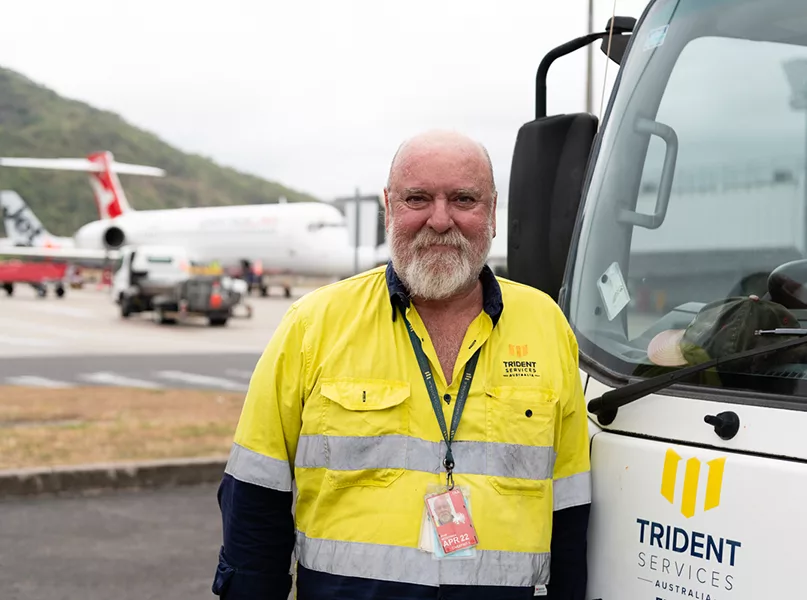
SUSTAINABLE PRACTICES
Elsewhere, the effective implementation of sustainable business practices requires a strategic approach that incorporates a combination of technological integration, stakeholder engagement, and adherence to regulatory standards.
Trident’s internal process starts with an environmental impact assessment to identify key areas where improvements can be made and set goals and reduction targets, such as decreasing carbon emissions, minimising waste, and conserving resources.
“We align these goals with any relevant industry standards and best practices, drive adoption and develop a culture of environmental responsibility through employee training and stakeholder engagement, and look for partnership opportunities at all stages,” outlines Wilkinson.
The company’s targets are also driven externally, usually through its membership and participation in environmental consultative committees and/or local community groups.
“Partnering with clients is essential to sustainable outcomes, which have included recycling bottles and cans with proceeds going to charity, using environmentally-friendly cleaning products and waste management programmes, as well as partnering with suppliers who have similar commitments to ourselves.”
Trident strives to reduce its environmental impact, enhance operational efficiency, and contribute to a more sustainable future for the industry.
Ultimately, this is manifested through supply chain sustainability, green technologies, products, and practices, waste reduction and recycling, a lower carbon footprint, and training and awareness programmes.
Whilst adopting a holistic approach that integrates sustainability into all aspects of operations, Wilkinson is conscious of maintaining the company’s current high level of service and compliance across its existing aviation and maritime streams.
To this end, Trident’s strategic plan is to focus on maturing its existing service offerings and optimising resources – but that does not mean standing still.
“We intend to increase our market share. We believe we are the provider of choice and have planned for selective growth so that we can add value to new clients,” Wilkinson concludes.
This commitment is one of the reasons why Trident has elevated to become one of the four major aviation security screening companies in the country and the only one that is Australian-owned and operated.
“We mean business.”
